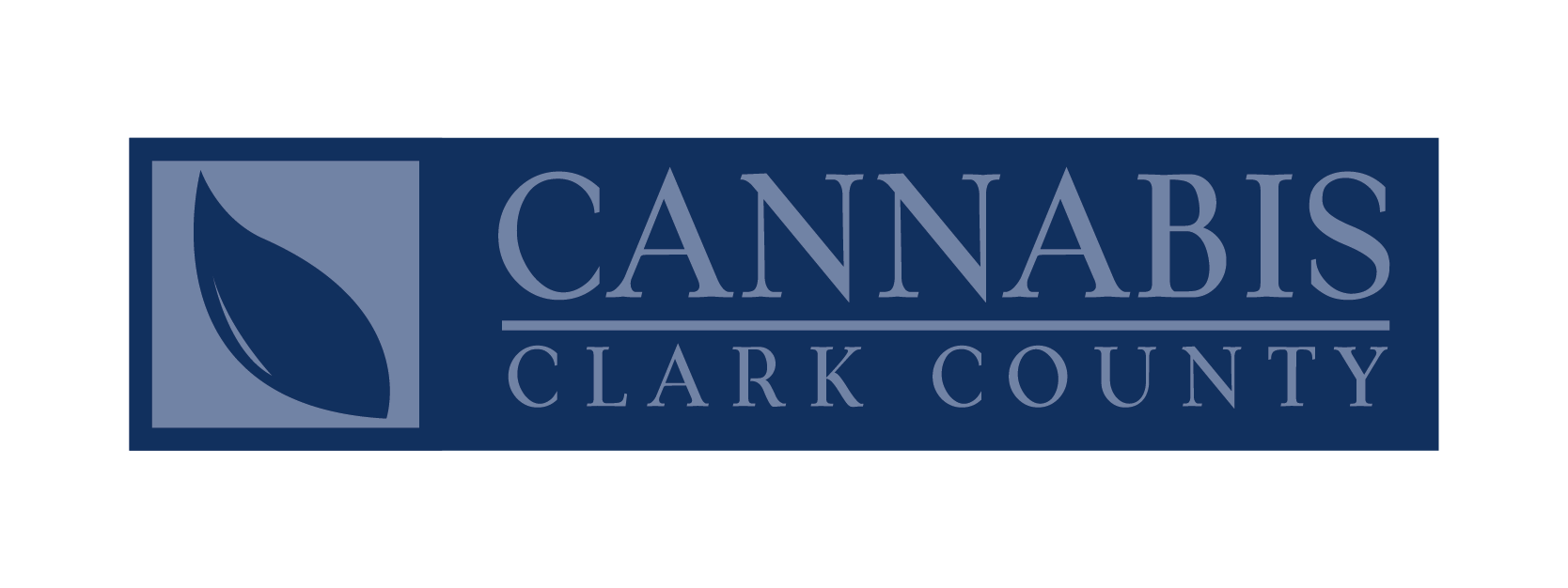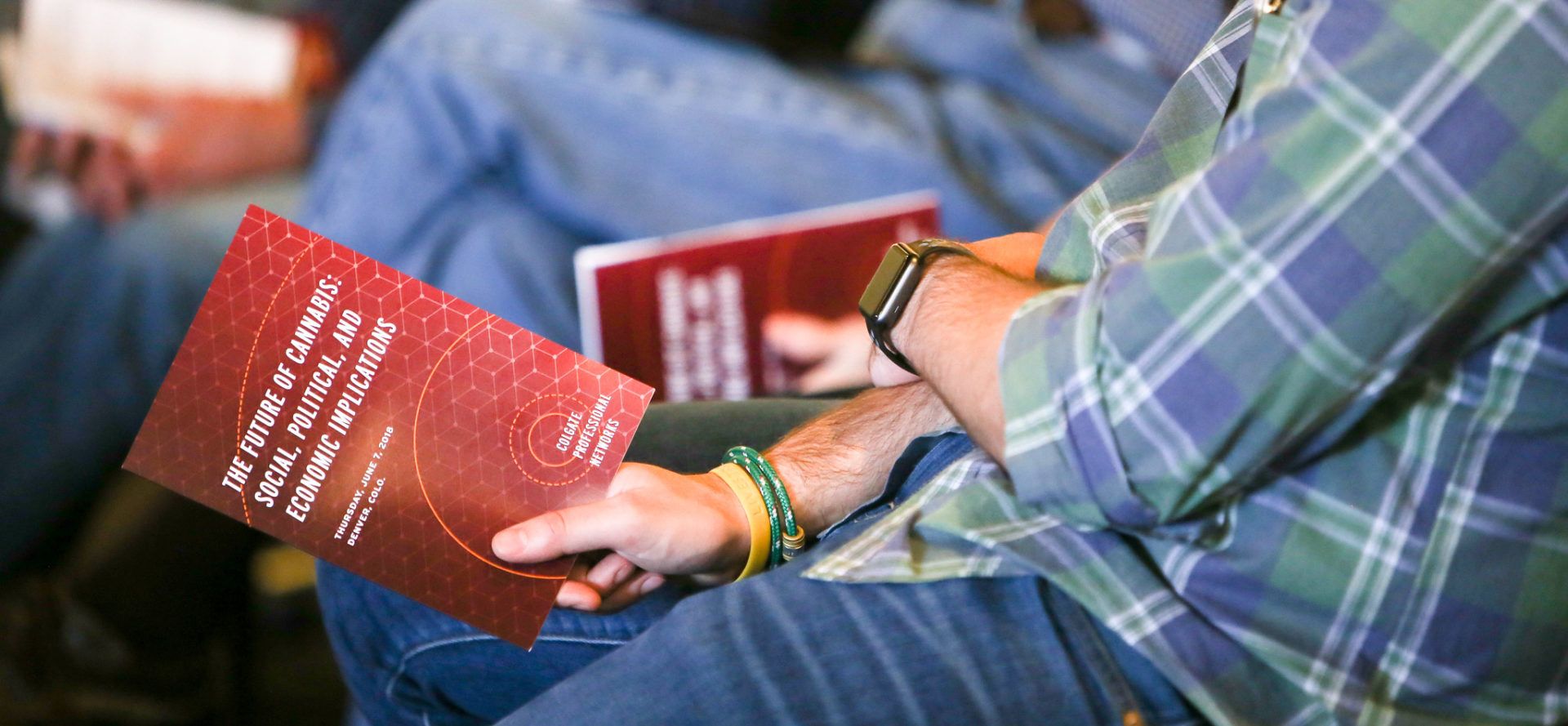Nevada legalized on-site cannabis consumption via Assembly Bill 341 (2021), creating a brand-new hospitality category: the cannabis consumption lounge. Think “bar-like social space”—but with cannabis instead of alcohol—operating under detailed rules from the Nevada Cannabis Compliance Board (CCB) and local governments. Two license types exist: retail lounges (attached to an adult-use dispensary) and independent lounges (stand-alone).
What’s actually open?
After a slow rollout, Nevada’s first two state-regulated lounges launched in Las Vegas in 2024:
- Smoke & Mirrors (by Thrive Cannabis) opened in February 2024—but closed in April 2025 after about a year. Operators cited low turnout and regulatory constraints (e.g., no alcohol) as challenges.
- DAZED! at Planet 13 (a retail lounge inside the company’s “SuperStore”) opened April 5, 2024, and remains Nevada’s only operating state-licensed lounge as of November 2025.
A third venue, Sky High Lounge at NuWu Cannabis (on Las Vegas Paiute tribal land), has operated since 2019 under tribal—not state—authority, and continues to host events and on-site consumption. READ MORE: Sky High Lounge
Bottom line: despite dozens of conditional approvals in 2022–2024, only one state-licensed lounge is currently serving the public. Media and policy analysts now describe Nevada’s lounge outlook as “hazy” and in need of model tweaks.
Who can visit—and key restrictions for residents & tourists
Nevada’s rules treat residents and tourists the same: adults 21+ (with valid government ID) may enter and consume, subject to strict house rules. Highlights from NCCR Regulation 15 and CCB guidance:
- 21+ only; lounges must post conspicuous age and health warnings.
- No alcohol. Lounges cannot sell or allow alcohol (and obviously, no mixing THC with alcohol).
- No “public” consumption elsewhere. Outside a private residence or licensed lounge, cannabis use remains illegal (important for hotel/casino guests). Nevada gaming properties also prohibit cannabis use on premises—cannabis and gaming don’t mix.
- No take-home leftovers. Patrons cannot remove unfinished products from a lounge.
- Sales model. Retail lounges can sell their own single-use/ready-to-consume products; independent lounges must contract with licensed retailers for inventory. BYO is generally not allowed under the regulated model. Staff must assess a guest’s tolerance before selling.
- Air & safety. Lounges must meet ventilation/filtration standards and operate under GMP-style facility rules (Reg. 10 amendments). READ MORE: Nevada Legislature
Local rules (e.g., Clark County) add licensing, zoning, and operating requirements; the county finalized its lounge ordinance in late 2022.
What are the licensing rules and policy goals?
AB 341 established an initial cap and a social-equity set-aside for independent lounges (at least 10 of the first 20 independent licenses to social-equity applicants). The CCB regulates under NRS 678A–D and NCCR 1–15, including signage, staffing, product dosing, and security standards. Two categories are authorized—retail vs independent—and the Board maintains online resources for applicants.
Attendance in the last two years: what do we know?
Nevada does not publish official, statewide attendance counts for lounges. What we do have are operational facts and contemporaneous reporting:
- Smoke & Mirrors opened Feb 2024 and closed Apr 2025, with the operator citing low customer turnout among the reasons.
- DAZED! (Planet 13) has continued operating since April 2024; industry coverage routinely notes it as Nevada’s only active state-licensed lounge after the closure.
- Travel press and local outlets emphasize that lounges launched amid tourism softness in 2025, a headwind for foot traffic. LVCVA data show year-over-year visitor declines through much of 2025, which likely weighed on early lounge economics.
Takeaway: Without formal attendance reports, the clearest public signal has been venue count (two open → one closed) plus operator commentary that demand lagged expectations in 2024–2025.
What the guest experience looks like
Each venue designs a distinctive experience within state rules:
- DAZED! at Planet 13 leans upscale nightlife: VIP booths, curated “canna-cocktails,” entertainment/DJ programming, and staff who walk guests through devices and dosing. Press previews highlighted a sleek, 3,000-sq-ft room integrated with Planet 13’s giant retail campus just off the Strip. Expect no alcohol, robust ID checks, single-use product service, and a guided menu akin to a craft-cocktail bar—minus the booze.
- Sky High (NuWu) on tribal land predates the state model and often pairs consumption with ticketed events (comedy, concerts, festivals like the NuWu Cup). It provides a different regulatory environment and event-driven programming just north of downtown. READ MORE: NuWu Cannabis
What consumers should expect on arrival:
- Security/ID screening (21+ only). 2) Host consultation on desired effects and tolerance before sales. 3) Indoor-only consumption areas with strong ventilation. 4) Zero-proof drinks and snacks (where offered); no alcohol. 5) No product removal when you leave. 6) Transportation guidance or ride-share reminders (many venues emphasize impairment awareness).
Why has the rollout been slower than expected?
Analysts and operators point to a few friction points:
- Regulatory cost & complexity (build-outs, HVAC, training, insurance) paired with no alcohol revenue to cross-subsidize.
- Tourism variability in 2025, which depressed discretionary nightlife visitation citywide.
- Cannabis–gaming separation, which keeps lounges off casino floors and complicates cross-promotion with the Strip’s dominant hospitality ecosystem.
- Enforcement asymmetry: operators have complained that unauthorized cannabis events in bars or private venues can siphon demand from fully compliant lounges.
Is this temporary—or the start of a new hospitality lane?
Despite early setbacks, stakeholders still see long-run potential if rules and concepts evolve:
- Concept innovation: event-driven formats, culinary pairings, and education-forward service can differentiate lounges from “just a legal place to smoke.” (Food-and-beverage analogs show consumers pay for atmosphere, curation, and service.) READ MORE: Food & Wine
- Pipeline: Nevada approved scores of conditional licenses, even if only one state lounge is presently open; policy writers and industry groups are actively re-thinking the model rather than abandoning it.
- Tourism cycle: a return to stable visitor growth would lift all nightlife boats—including lounges. READ MORE: 96.3 KKLZ
Quick FAQ
Can I drink alcohol in a Nevada lounge?
No. Alcohol sales/consumption are prohibited on lounge premises.
Can I bring my own cannabis?
Under the state-regulated model, no; you buy single-use or ready-to-consume products on site (or, for independent lounges, via their retail supply partners). You also can’t take leftovers with you.
Are lounges on the Strip or inside casinos?
No. Casinos remain cannabis-free under gaming rules; lounges operate off-property.
The takeaway
Nevada built one of the nation’s most comprehensive frameworks for on-site cannabis hospitality, but execution has been slower and harder than boosters hoped. One state-licensed lounge (DAZED!) is open today, alongside NuWu’s Sky High on tribal land. For residents and tourists, the core rules are simple: 21+ with ID, no alcohol, no take-home—and expect a curated, ventilation-controlled indoor environment with staff who help you choose and dose responsibly. If regulators streamline costs and concepts get more experiential, Las Vegas still has the DNA to turn lounges into a signature attraction; for now, they remain a promising but cautious experiment. READ MORE: MJBizDaily
If you want, I can map every licensed/conditional lounge (state and tribal) and keep it updated with openings, closures, and notable programming so you always know what’s live on your next Vegas trip.

